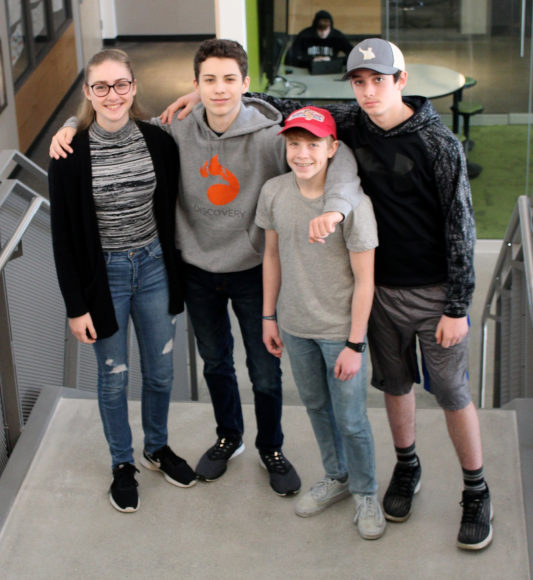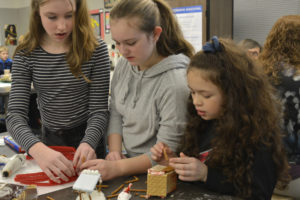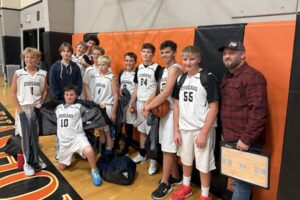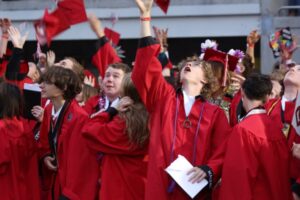Three groups of Discovery High freshmen from Camas recently competed with young innovators from Northwest Oregon and Southwest Washington for cash prizes and the quest to solve one incredibly important problem — a lack of food for the world’s population by 2050.
According to the Camas School District, the students, all part of Discovery High’s LEAP (Linking Engineering and Philanthropy) project, partnered with Mercy Corps, a Portland-based nonprofit that responds to disasters throughout the world and bills itself as “a global humanitarian organization empowering people to recover from crisis, build better lives and transform their communities for good,” to answer one main question: “How do we provide youth with useful and meaningful farming technology that will help meet the world’s food needs in a sustainable manner?”





